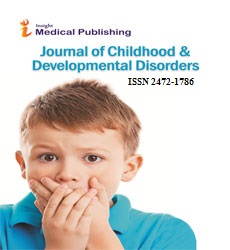Abstract
The Differential Effects of Attachment Orientations on the Perception of Facial Emotional Expressions
The present study investigated the differences of perception of facial expressions among different attachment orientations. The study was conducted with 356 university students (202 female and 154 male). The participants were given Experiences in Close Relationships-Revised (ECR-R) scale to assess their adult attachment style and Morph Movie Task to assess their sensitivity to emotion information. The research has demonstrated that attachment security of childhood influences on cognitive and emotion development, providing a framework for the later relationships. Given the importance of social functioning on wellbeing, it is crucial to understand the possible underlying mechanism of impairments. For that purpose, this study focused on the perception of facial expressions which serves as the general emotional cue in social interactions. In order to examine the perceptual differences, morph video tasks have been used. It has been hypothesized that attachment anxiety is related to increased sensitivity to the changes in emotional information, whereas avoidant individuals are expected to disregard the incoming information. The results for categorical analysis revealed that dismissing individuals detected both the offset and onset of the emotion later compared to secure and preoccupied participants and preoccupied individuals detected the offset earlier than fearful individuals. On the other hand, the hierarchical regression analysis of attachment dimensions showed that only attachment avoidance predicted the late detection of both onset and offset scores. The possible mechanisms underlying the differential effects are discussed.
Author(s):
Gökçen Duymaz Sidal* and Falih Köksal
Abstract | Full-Text | PDF
Share this

Google scholar citation report
Citations : 504
Journal of Childhood & Developmental Disorders received 504 citations as per google scholar report
Abstracted/Indexed in
- Google Scholar
- China National Knowledge Infrastructure (CNKI)
- Directory of Research Journal Indexing (DRJI)
- WorldCat
- Publons
- Geneva Foundation for Medical Education and Research
- Secret Search Engine Labs
- Euro Pub
Open Access Journals
- Aquaculture & Veterinary Science
- Chemistry & Chemical Sciences
- Clinical Sciences
- Engineering
- General Science
- Genetics & Molecular Biology
- Health Care & Nursing
- Immunology & Microbiology
- Materials Science
- Mathematics & Physics
- Medical Sciences
- Neurology & Psychiatry
- Oncology & Cancer Science
- Pharmaceutical Sciences

